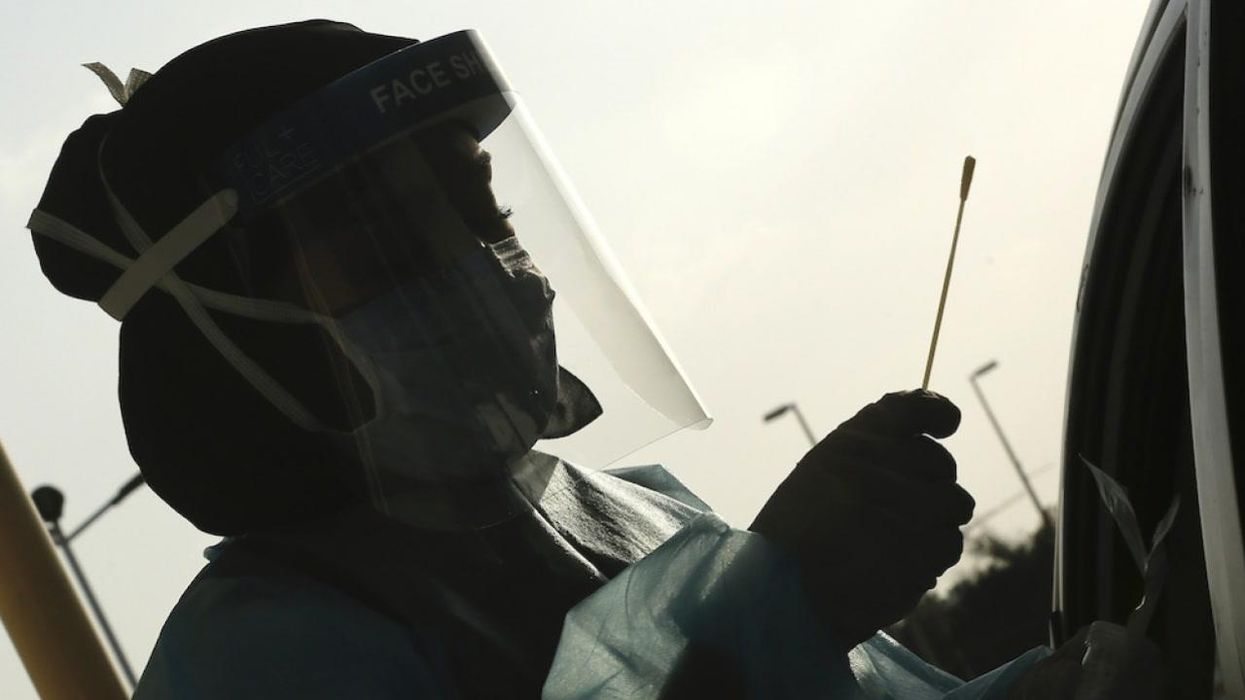The UK Health Security Agency (UKHSA) has revealed they are monitoring a new version of Covid named 'stealth Omicron' after the BA.2 sub-variant was detected in the UK.
The UKHSA said the variant is "under investigation", meaning it is currently one level below "a variant of concern."
The 'stealth' nickname originates from one of the key differences from the original Omicron. While Omicron was easy to track due to the deletion of a spike gene – making it stand out on PCR tests – the new strain is more difficult as it does not have this feature.
Here's everything we know so far:
How many UK cases have been reported?
On January 21, the UKHSA reported 426 cases of the sub-strain since the new lineage was first designated in December.
According to some early studies, while cases remain low, there are concerns that it may be more transmissible.
The first cases were reported on 6th December, with 146 cases in London and a further 97 in the South East.
Sign up to our free Indy100 weekly newsletter
Has the variant been reported elsewhere?
According to the World Health Organisation, the 'stealth' variant has been identified in more than 40 countries, including the US, India, Germany and Australia.
Danish authorities have also reported the new strain with the country's Statens Serum Institut claiming that it may account for 45 per cent of all cases.
How concerned should people be?
While there are concerns the variant may be more transmissible, there is not enough data at this stage. Health experts have said there is little difference in vaccine effectiveness between BA.2 and Omicron.
Dr Meera Chand said further data would allow accurate conclusions in the next few weeks.
What have experts said?
Dr Tom Peacock, one of the first virologists to raise the alarm over Omicron, said: "Even with slightly higher transmissibility, this absolutely is not a Delta to Omicron change, and instead is likely to be slower and more subtle.
"That said, I would not be surprised if BA.2 slowly replaces [Omicron] over the coming months with a slightly more "optimised" mutations.'
The UKHSA's Covid incident director, Dr Meera Chand, said an altered version of the strain was not unexpected because viruses constantly evolve.
She said: "So far, there is insufficient evidence to determine whether BA.2 causes more severe illness than BA.1, but data is limited and UKHSA continues to investigate."
Enjoyed this article? Then click the upvote icon at the top of the page to help it raise through the indy100 rankings and have your say in our news democracy.














